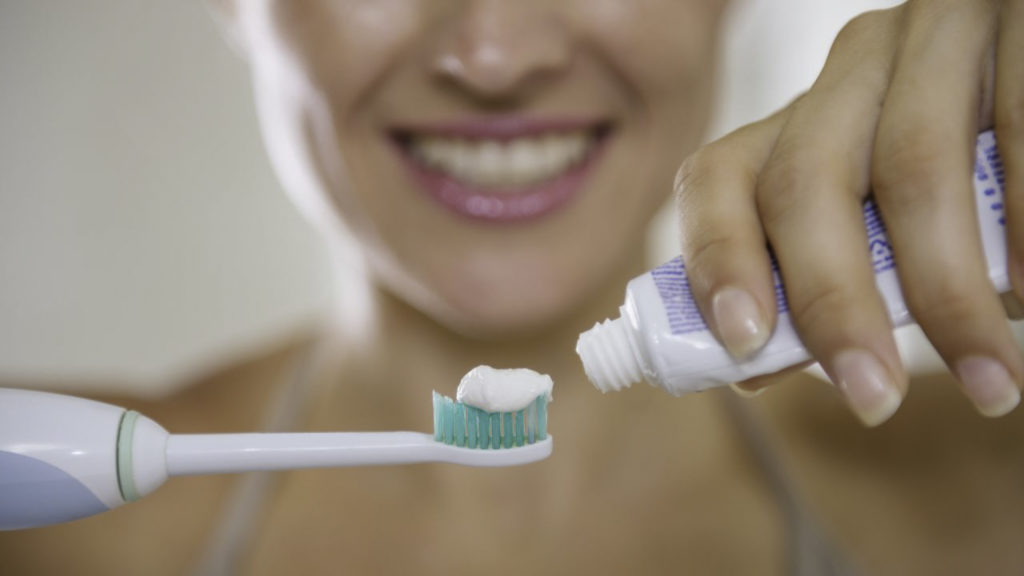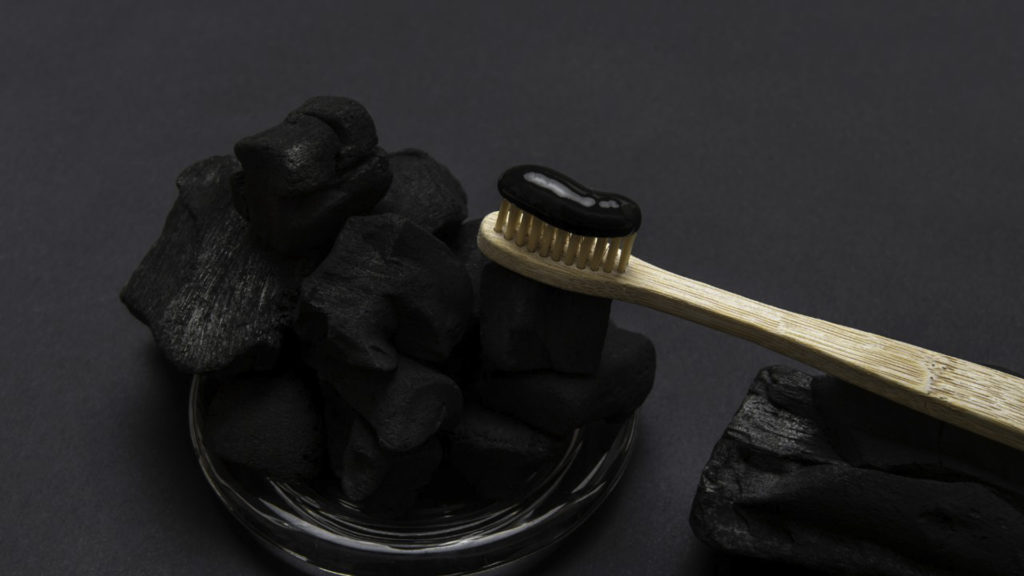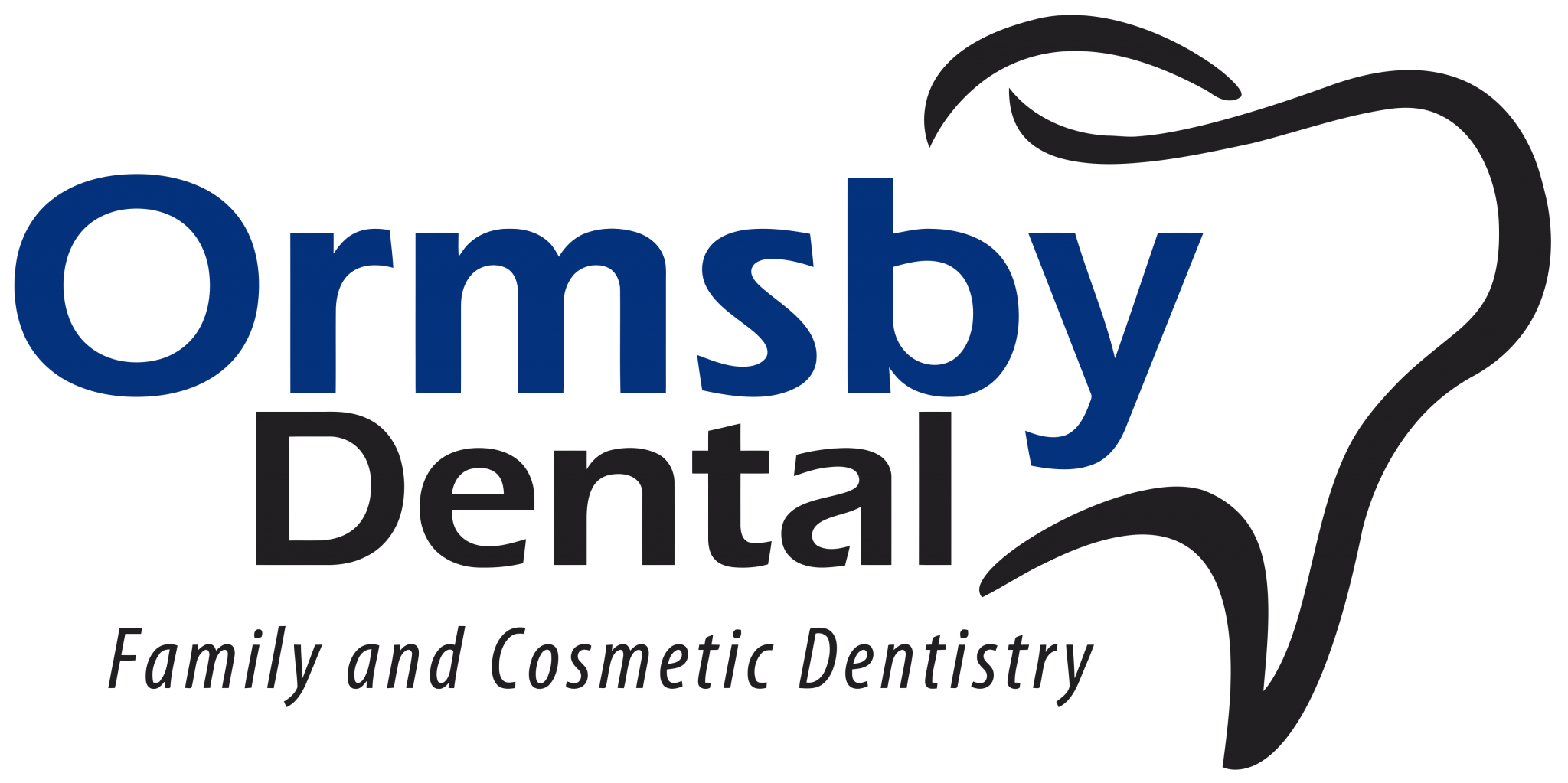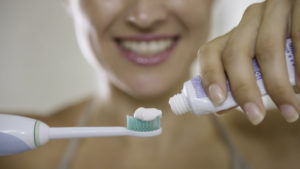When it comes to oral care products such as toothpaste, we tend to focus on the effectiveness of the product and not necessarily the safety. It’s easy to forget that just because something is marketed as “natural” or “organic,” that doesn’t necessarily mean it’s safe. In fact, some of the most natural ingredients can be harmful if swallowed in large quantities.
So you may be wondering, what’s the safest toothpaste to use? That’s a good question. Unfortunately, there are no definitive answers. There are many different types of toothpaste on the market today. Some contain fluoride and some don’t. If you want to know more about some toothpaste options, read on!

Fluoride Toothpaste
Fluoride is the main ingredient in most toothpastes, and therefore is often what people worry about. It’s long been used as a cavity fighter and has been shown to be very effective at preventing tooth decay.
Fluoride has been touted as a cavity fighter for decades now. However, there have been several studies that show that fluoride may actually cause harm to our bodies when we ingest it through drinking water or by using it topically (ie: in our mouths). In fact, there are studies that suggest that fluoride can lead to brain damage in children who consume too much of it over time!
Risks of Fluoride
While fluoride may have some benefits, it doesn’t come without risks! Too much fluoride can be poisonous so keep an eye on how much fluoride is in your toothpaste if you have young children who might be putting it in their mouths at will or if you have sensitive teeth or gums that may react badly when exposed to too much fluoride over time.
There are also some who believe that fluoride causes fluorosis which can lead to discoloration of the teeth as well as crumbling enamel so it is important to check the label on any product before using it for yourself or your children.
Sodium Monofluorophosphate- free toothpaste (SFP)
SFP is a milder version of fluoride that has been approved by the FDA. It still contains fluoride but it’s not as powerful as regular toothpaste. SFP was designed specifically for children and adults with sensitive teeth so they can get the benefits of fluoride without risking their health. You can find SFP at most grocery stores or online.
5 Things You Can Do to Prevent Cavities Without Fluoride Toothpaste
- Know your cavity risk level.**
- Brush your teeth regularly, properly and with the right brush.**
- Cut back on sugary and acidic drinks — and drink more water.**
- Get into the habit of flossing**
- If you smoke, STOP!
Fluoride Free Toothpaste
There are a lot of factors that can affect the quality of your teeth and your oral health, and many of them have to do with the things you put in your mouth every day. Fluoride is a common ingredient in toothpaste, but if you’re concerned about it or would like to try something different, there are lots of fluoride-free options out there for you.
Fluoride Free Options
If you are looking for fluoride free toothpaste there are a few options to choose from. The first thing is to look for the words “Fluoride Free” on the label. Most of these products use silicone as the main ingredient instead of fluoride. This can be effective in reducing plaque and gingivitis, but does not prevent cavities as well as fluoride does. However, if you have been using regular toothpaste with fluoride and now want to switch over to a non-fluoride product, then it is recommended that you use this type of paste for at least 12 weeks before switching back to regular toothpaste.
Here are some options:
Charcoal Toothpaste
If you’re wondering if charcoal toothpaste is safe for you, the short answer is yes. Not only is it safe, it’s also effective at removing stains and reducing the risk of gum disease.
Charcoal toothpaste is a natural remedy that can help improve your overall oral health and whiten your teeth.
It is made with activated charcoal, which is a natural mineral that’s been used for centuries to filter water and provide health benefits. This ingredient has many benefits for your oral health and can help freshen breath.

Activated charcoal is made from coconut shells, bamboo and other materials. It’s highly porous and can absorb toxins in the body. When you use it as an ingredient in toothpaste, this porous characteristic allows it to trap bacteria that causes bad breath and also prevents plaque from sticking to your teeth.
Tea Tree Oil Toothpaste
Tea tree oil toothpaste is a natural product that can help prevent gum disease. It’s also very effective at helping to eliminate bad breath. Many dentists now recommend using tea tree oil toothpaste to help prevent gingivitis, which is an inflammation of the gums that leads to periodontal disease. Tea tree oil is also effective at killing bacteria, so it’s a good choice for those looking for an alternative to traditional toothpastes.
If you’re not sure what to look for when choosing a tea tree oil toothpaste, here’s what you need to know:
The active ingredient in all of the best tea tree oil toothpastes is Australian tea tree essential oil (TTO). TTO is highly concentrated and the best quality TTO is made from steam distilling the leaves of Melaleuca alternifolia (tea tree) plants. According to several studies, TTO has anti-inflammatory, antimicrobial, antifungal and antiviral properties.
Look for a toothpaste that contains at least 1% TTO (1% equals 1 millilitre of essential oil per 100 grams of product). This means that if your toothpaste contains 100 grams of product, there should be at least 100 millilitres of essential oil in it (1%).
What Is The Ideal Oral Health Routine?

The ideal oral health routine starts with a good brushing routine. Brushing your teeth for two minutes, twice a day, is the best way to keep your teeth clean. You should also floss daily and brush your tongue to remove bacteria that builds up on it.
Keeping up with routine dental cleanings is also a key component to oral health. Contact the office of dentist Dr. Daniel W. Ormsby, DDS, in Murray, UT. today at (801) 407-9956 and schedule your dental cleaning!


 How Often Should Dental X-rays be Taken?
How Often Should Dental X-rays be Taken?